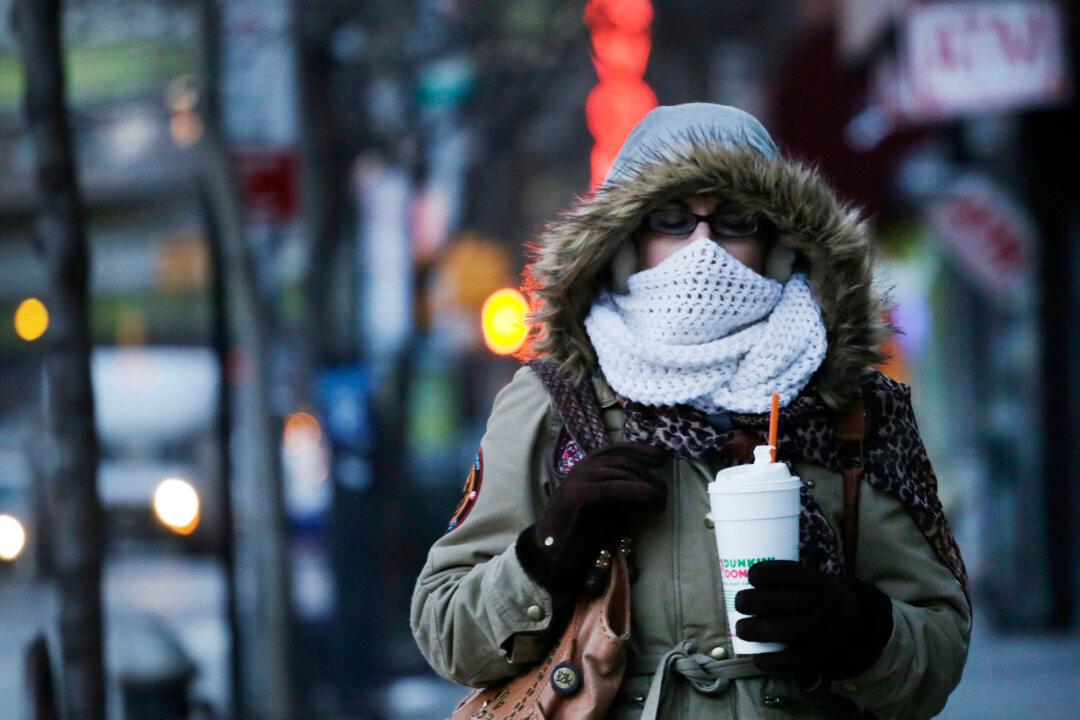NEW YORK—Say goodbye to foam cups, plates, trays, and packaging peanuts. The ban on single-use plastic foam products in New York City will begin on July 1, 2015.
Restaurants and manufacturers will no longer use Expanded Polystyrene (EPS) foam articles in New York City. The law allows businesses a six-month grace period after July 1.
Nonprofits and businesses with less than $500,000 in annual revenue may qualify for an exemption from the plastic foam ban as long as they prove that using non-foam materials create financial hardship.
The ban rises out of concern for the environment and neighborhood sanitation. EPS foam is a lightweight material that can clog storm drains.
“These products cause real environmental harm and have no place in New York City,” Mayor Bill de Blasio said in a statement. “We have better options, better alternatives, and if more cities across the country follow our lead and institute similar bans, those alternatives will soon become more plentiful and will cost less.”




